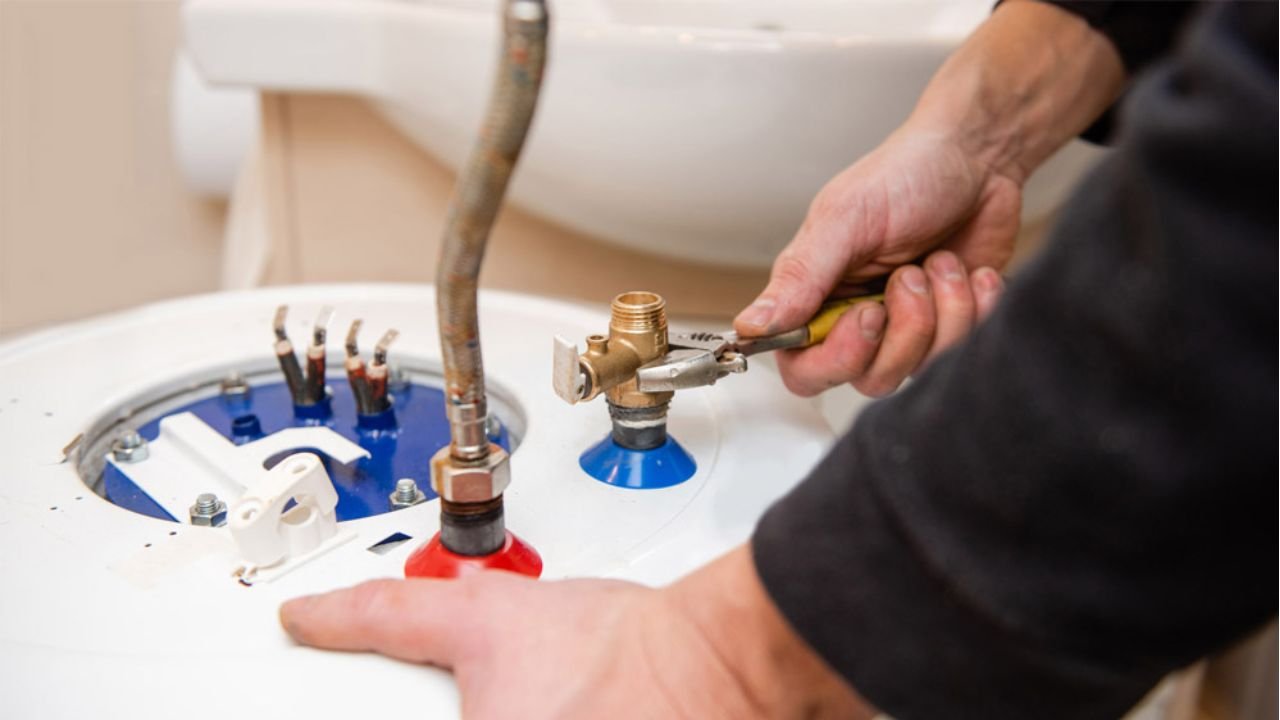A water heater is often an underappreciated appliance until it fails. Hot water is central to daily comfort and convenience, from your morning shower to the kitchen sink and laundry. But when the water turns cold or your tank starts leaking, homeowners face an important decision: repair the unit or invest in a replacement. The right answer isn’t always straightforward. Age, performance issues, energy efficiency, and cost all influence the choice. We will explore how to weigh these factors carefully so you can make a decision that brings long-term value, safety, and peace of mind to your home. Whether you’re dealing with inconsistent heating or a complete breakdown, knowing when to hold on and upgrade can save time and money.
Key Considerations for Deciding Between Water Heater Repair and Replacement
- Age and Expected Lifespan of the Unit
One of the first things to evaluate is the age of your current water heater. Most traditional tank-style water heaters are designed to last approximately 8 to 12 years. Tankless units can last up to 20 years with proper maintenance. If your water heater is within this age range and showing early signs of wear, a repair might extend its life for a few more years. However, replacement is often the smarter investment if it’s nearing or past the typical lifespan. Older units are less efficient and more prone to recurring issues that stack up in cost over time. Consulting a reliable supplier like Pobst Hardware & Farm Supply, LLC can help you understand your options for repairs and modern replacements tailored to your home’s needs.
Additionally, as the unit ages, internal corrosion and sediment buildup compromise its performance, even if no visible damage is apparent. Reviewing the installation date or checking the serial number on the unit can give you a clearer idea of its age and help you determine whether continuing to repair an older model is worth the hassle and expense.
- Frequency and Cost of Repairs
If your water heater has required multiple repairs over the last few years, it may be time to stop investing in short-term fixes. Occasional repairs, such as replacing a heating element or fixing a faulty thermostat, are generally affordable and can restore functionality. But frequent breakdowns signal underlying issues that may worsen. When repair bills start approaching 50% of the cost of a new unit, replacing the system is often more economical.
A new water heater offers greater reliability and efficiency, reducing monthly energy costs and eliminating the stress of unexpected breakdowns. Keeping track of repair expenses can give you a clearer picture of what your current unit is costing you. Also, ask yourself whether recent repairs have resolved the problem or delayed the next inconvenience. At a certain point, repeated service calls indicate that the unit is on borrowed time, and replacement becomes a logical next step.
- Energy Efficiency and Monthly Utility Bills
Energy efficiency is another important factor in deciding whether to repair or replace your water heater. Older models tend to consume more power due to outdated technology and sediment buildup that forces the unit to work harder. Newer water heaters, especially ENERGY STAR® certified models, are designed to be more efficient and environmentally friendly. Your water heater may be the culprit if you’ve noticed a steady increase in your monthly utility bills despite using hot water responsibly. Replacing an inefficient unit with a modern one can significantly lower energy consumption, which adds up over time.
Additionally, many newer units have advanced features such as better insulation, programmable settings, and smart home compatibility, offering a better overall experience. Repairing an older model won’t improve efficiency, so upgrading to a newer system can deliver both performance and cost-saving benefits if energy usage is a concern.
- Water Quality and Signs of Rust or Sediment
The quality of water your heater produces strongly indicates its condition. If your hot water has a metallic smell or rusty color, it could be a sign that the interior of your tank is corroding. Sediment buildup is another common issue, especially in areas with hard water. Over time, minerals settle at the bottom of the tank, causing rumbling noises, uneven heating, or complete heater failure. While a professional flush can sometimes resolve sediment issues, recurring problems may compromise the inner lining.
The damage is often irreversible if rust is present, and replacement becomes necessary. Inspecting for leaks around the tank base or connections is also wise, as it may suggest internal deterioration. Repairing a tank showing these symptoms may only provide a temporary solution. A replacement not only restores water quality but also prevents water damage to your home and avoids the risk of sudden failure.
Repairing or replacing your water heater involves more than a quick fix for a cold shower. It’s a decision that requires you to evaluate your current system’s age, repair history, efficiency, water quality, and suitability. We’ve outlined how to look at these factors individually, but the choice often depends on combining them. A targeted repair can restore comfort without breaking the bank if your water heater is relatively young and has only minor issues. However, replacement can offer greater value, improved performance, and peace of mind if the unit is older, inefficient, or failing to meet your family’s needs. Taking a thoughtful, informed approach ensures that your water heater continues to serve your home reliably for years.



